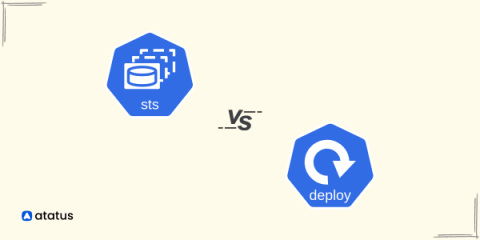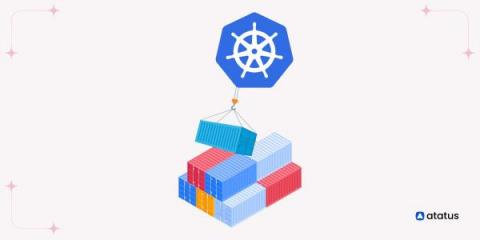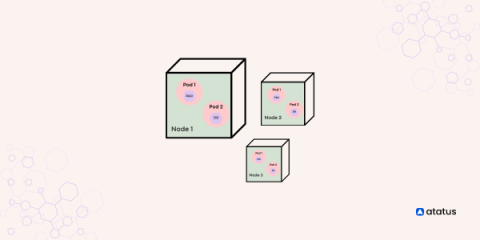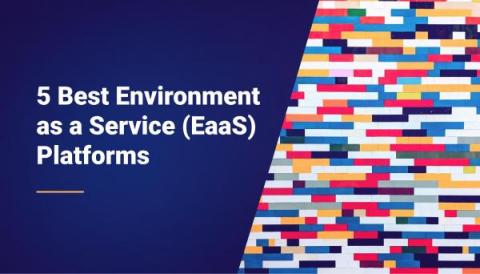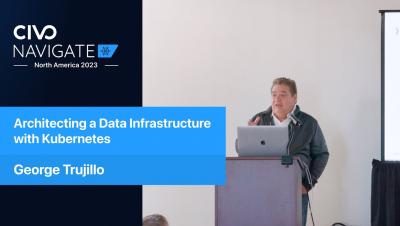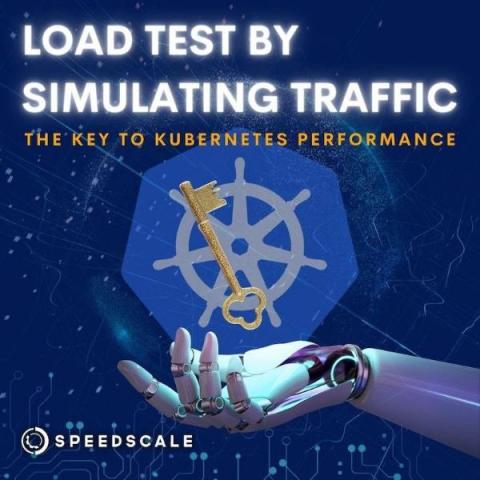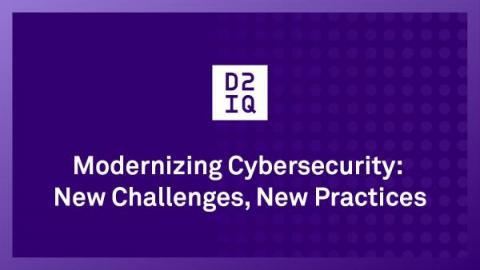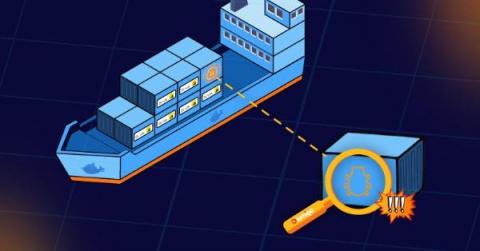Operations | Monitoring | ITSM | DevOps | Cloud
Containers
The latest News and Information on Containers, Kubernetes, Docker and related technologies.
Statefulset vs. Deployment in Kubernetes
As Kubernetes continues its ascent as a leading container orchestration platform, it's common for users to encounter a perplexing choice between two prominent workload controllers: StatefulSets and Deployments. Despite both controllers being instrumental in managing high-availability workloads, they diverge significantly in terms of features and use cases. Grasping these distinctions is pivotal for fine-tuning the performance and scalability of your Kubernetes infrastructure.
Everything You Need to Know About Kubernetes
Welcome to the world of Kubernetes - a powerful container orchestration platform. Before we dive deep into the concepts of Kubernetes, let's grasp the concept of containers - a lightweight, and isolated units that package applications along with their dependencies, ensuring seamless deployment and portability. In this blog, you will witness Kubernetes incredible abilities. It can handle the ups and downs of your applications, ensuring they scale seamlessly, even when facing tough challenges.
Exploring Kubernetes Nodes: Essential Components of Container Orchestration
Kubernetes serves as a robust tool for managing and orchestrating applications across multiple computers. These computers are referred to as 'nodes.' Picture nodes as fundamental units in the ecosystem of your applications. Every node possesses its own computing resources, encompassing memory, processing capabilities, and storage capacity. Your apps are hosted and run by nodes. They give your apps the room and resources they need to work.
5 Best Environment as a Service (EaaS) Platforms in 2023
Architecting a Data Infrastructure with Kubernetes - Civo Navigate NA 2023
The Key to Scalable Kubernetes Clusters | Load Test by Simulating Traffic
Modernizing Cybersecurity: New Challenges, New Practices
The practice of cybersecurity is undergoing radical transformation in the face of new threats introduced by new technologies. As a McKinsey & Company survey notes, “an expanding attack surface is driving innovation in cybersecurity.” Kubernetes and the cloud are infrastructure technologies with many moving parts that have introduced new attack surfaces and created a host of new security challenges.
ExpressJS Container Debugging
In recent years, the landscape of application development has experienced a paradigm shift, largely driven by the rise of containerization and microservices architectures. Amid this transformation, Express.js has emerged as a dynamic and versatile framework that stands as a one-stop shop for crafting robust web applications. Its popularity owes much to its minimalist approach, allowing developers to swiftly build APIs and web applications with ease.
Choosing the Right Kubernetes Cluster Setup: A Comprehensive Guide
Kubernetes has revolutionized how modern applications are deployed, managed, and scaled. As the container orchestration platform of choice, Kubernetes provides a dynamic and highly efficient environment for running containerized applications. At the heart of this ecosystem lies the intricate relationship between Kubernetes and the applications residing within its clusters. Applications within Kubernetes clusters are arranged through Pods, which are managed and scaled by various controllers.



